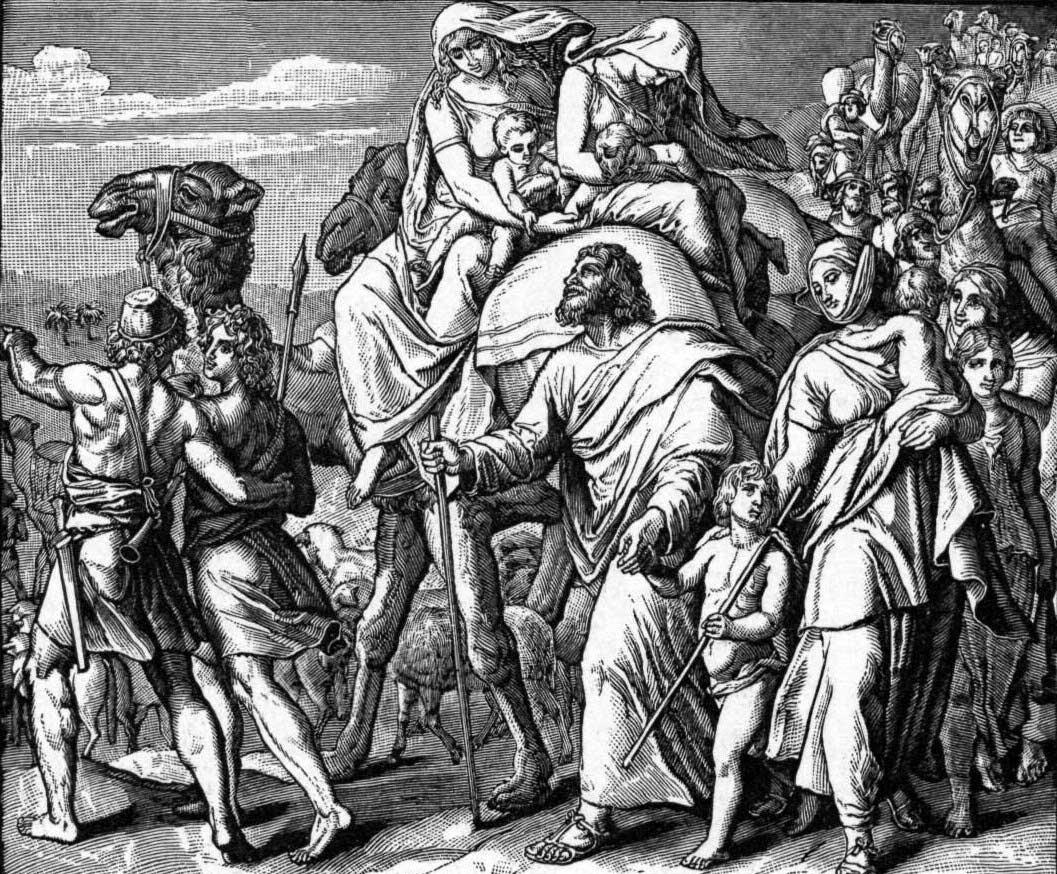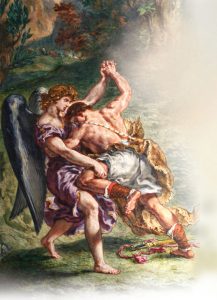After the King David Hotel bombing, the British administration in Palestine significantly stepped up their oppression of the Jews.At the same time, the ideological differences between the Irgun and the Haganah, which did not approve of such an act, became irreconcilable, and they decided to part ways.
In the meantime, many events related to the issue were taking place at various levels across the spectrum. The ‘Anglo-American Joint Committee of Inquiry’ was established to study the concept of a ‘Jewish homeland in Palestine’. The committee paid visits to camps set up after World War II in Europe for the displaced Jews, with a view to learning about their (‘the Jews’) say in the matter. They were gradually realizing about the absolute limit to which their opinion on the issue had reached. The displaced persons’ camps were home to all the facilities ranging from schools with Hebrew as the medium of instruction to entertainment halls but all said and done, they were ‘camps’, they were not ‘homes’ which fact the Jews in these camps were clear in their mind about. No two ways about that!
Moreover, the treatment meted out to the Jews by the European community at large after the world war, left them quite convinced that as far as the western world was concerned, they were an ‘unwanted’ lot. Some of the western leaders were even toying with the idea of ‘making use’ of the Jews to rebuild Europe and its cities which faced great destruction during the world war. This kind of blatant selfishness only ended up stoking hate and revulsion in the Jews’ hearts. So, it was but natural that the Jews should be convinced beyond doubt that if at all there was a place on this earth where they would be welcomed with genuine affinity, it was only and only the Jewish homeland in Palestine.
….and while on the tour of Palestine that followed, the Anglo-American Joint Committee experienced the veracity of this sentiment that best described in fact, the state of mind of the Jews then. The Committee had visited Palestine only after visiting the displaced persons’ camps in Europe.
In Palestine, the Committee recorded testimonies of several representatives of the Jewish people and also the Jewish leaders. ‘Golda Meir’ (who went on to become the Prime Minister of independent Israel in 1969) happened to be one of them. She told the Committee in no uncertain terms that they, the Jews then residing in Palestine, were very eager to welcome their Jewish brethren from across the world into Palestine. And that whatever be the number of the Jews that immigrate, all the necessary arrangements will be put in place. She also told them that they had decided to resolve the issue of the Jewish homeland in the near future, in fact during her life time and that of her contemporaries.

The British made no changes to their policy on Palestine while these talks, meetings and recordings of testimonials were in progress. Restrictions on immigration to Palestine also continued to be in force. After the number of immigrants from Italy to Palestine gradually began to increase, the British government began pressuring the Italian government to check it.
It was during this time that the British forces stopped two more ships from docking in Palestine. This time, after all the options of intercession proved futile, Golda Meir and some of the other Jewish leaders decided to resort to a hunger strike in protest. When they went to the British Chief Secretary for Palestine to notify about it, he condescendingly asked Golda Meir – ‘Do you think that the British government might change its policy just because you stop eating food?’ To this Meir replied, “No, I have no such illusions. If the death of six million (Jews in Europe) could not change the government’s policy (on Palestine), why would I nurse any hope that my abstinence from eating would?” However, under the given circumstances, that was all she could do to express solidarity with the Jews who were denied entry permit, she added outspoken and forthright. Surprisingly, the call of the hunger strike by Meir and her fellow leaders succeeded and the Jews on the two ships who were denied permits were allowed entry into Palestine!

Meanwhile, the pressure was mounting on the British government to act at the earliest on the request that the US President Harry Truman had made through a letter to the British Prime Minister Clement Attlee. A ministerial committee appointed for this matter by the British government presented its report on 24th July 1946. However, they still seemed to be singing the same tune. The report talked of dividing the land of Palestine into three parts. Also, although the entire land as such would be under British rule, 43% of the area including Jerusalem would be centrally that is directly administered by the British, 40% would be ‘Arab autonomous region’ and 17% would be ‘Jewish autonomous region’.
Besides, the report also included a condition that only if the Jews agreed to the partition plan, should the request for the immediate entry of at least the first 100 thousand Jews from Austria and Germany be granted consideration.
The Jews, of course, rejected the proposal as the land allocated to them was far too little. Instead, they continued with the process of establishing Jewish settlements in the form of new kibbutzim even at far-off and desolate locations of Palestine setting aside thereby, the defensive approach taken hitherto. The focus shifted instead, to setting up kibbutzim close to the existing international borders of Palestine, all with a view to utilizing every possible nook and corner of the land.
That year, on the Jewish holy day of ‘Yom Kippur’, that is 6th October 1945, 11 new kibbutzim were created overnight that too with all the basic facilities. Such kibbutzim were also used to hide Haganah’s secret weapon caches using innovative tricks.

The year 1946 was drawing to an end. The 22nd World Zionist Congress opened on 9th December 1946 at Basel in Switzerland. Chaim Weizmann delivered an effective speech at the congress underlining the importance and the need for establishing the ‘Jewish national homeland’ in Palestine. He narrated the sufferings of the Jews vehemently and the neglect they had had to face as much in the land of Palestine as worldwide.
However, he was opposed to the use of terror and violence against the British and upheld the use of the ‘middle path’. Many speakers who followed Weizmann spoke on similar lines, denounced violent methods and advocated the dialogue instead.
While speeches promoting dialogue were underway, David Ben-Gurion was fast losing his cool. And there came a moment when it all became unbearable for him and he stormed out of the congress half way…. (To be continued…)













